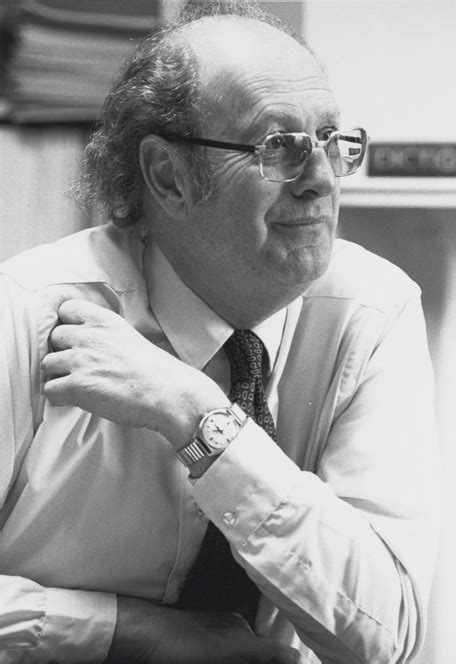A Quote by Tom Stoppard
In the theater there is often a tension, almost a contradiction, between the way real people would think and behave, and a kind of imposed dramaticness.
Related Quotes
There's a real tension between it being a collaborative art process, which is almost like performance art of yourself, and, as we talk about the movie, it's kind of a mix between melodrama and cinéma vérité. This involves ideas about playing the role of yourself and the movie of your life and all these other things.
I would make a huge distinction between theater improvisation and film improvisation. There isn't much improvisation in film - there's virtually none. The people that theoretically could be good at this in a theater situation don't necessarily do this in a film in a way that will work, because it's much broader on a stage. But in a movie, it has to be real, and the characters have to look entirely real because it's being done as a faux documentary, so there are even fewer actors that can do that on film.
Crying, that is, sobbing is the earliest and deepest way to release tension. Infants can cry almost from the moment of birth, and do so easily following every stress that produces a state of tension in the body... Human beings are the only creatures who can react in this way to stress and tension. Most probably, they are the only ones who need this form of release.
There is no contradiction between technology and spirit. There is no contradiction between the search for intellectual integration and understanding and the psychedelic experience. There is no contradiction between ultra-advanced hyperspacial cyber culture and Paleolithic archaic culture. We have come to the end of our sojourn in matter. We have come to the end of our separateness.
I think real enlightenment is total sanity, a kind of acceptance of what actually is. It does involve a kind of different way of looking at things. As I've done this Zen practice for years and years, I've acquired what I realize is an almost upside down view of life compared to what most people think, which is just what I used to think it was too. It's not really an insane view, at least I hope it's not.
Printed prose is historically a most peculiar, almost an aberrant way of telling stories, and by far the most inherently anesthetic: It is the only medium of art I can think of which appeals directly to none of our five senses. The oral and folk tradition in narrative made use of verse or live-voice dynamics, embellished by gesture and expression--a kind of rudimentary theater--as do the best raconteurs of all times. Commonly there was musical accompaniment as well: a kind of one-man theater-of-mixed-means.




































